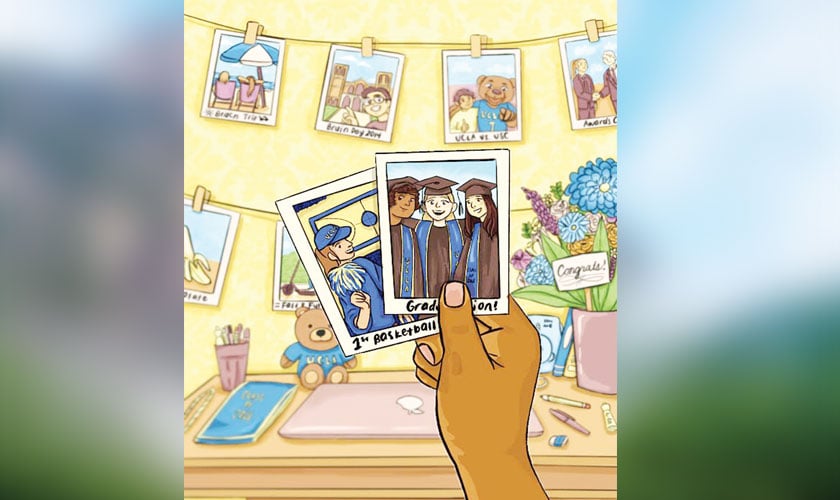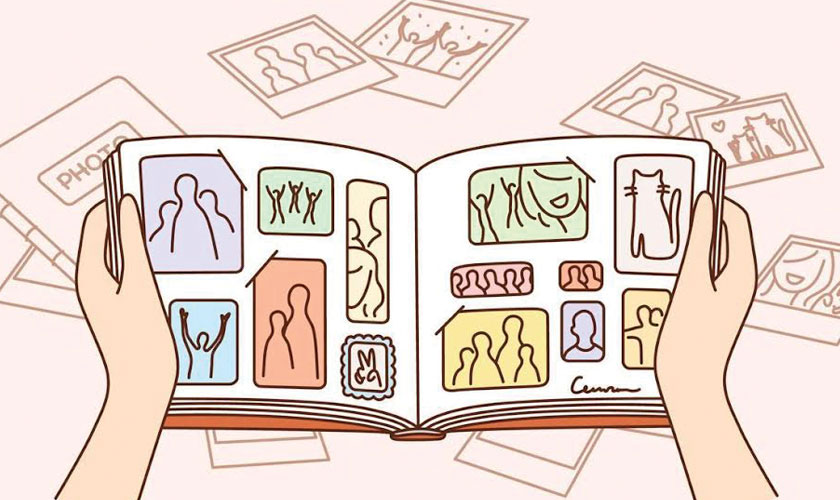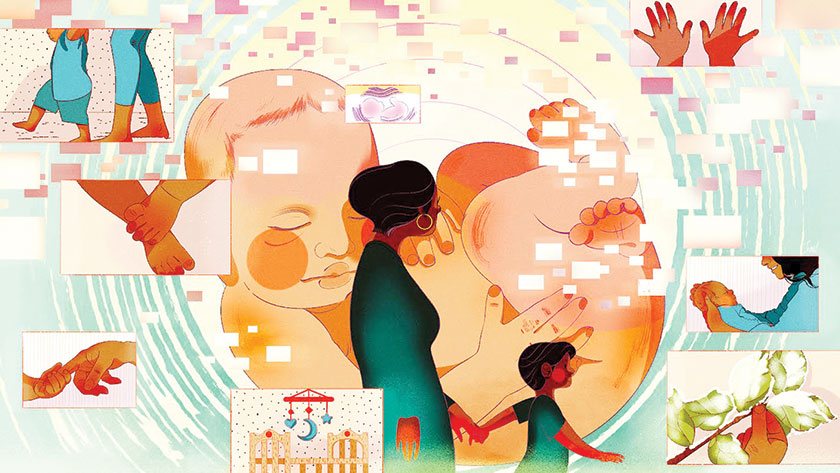STORY
Barely able to walk, with trembling hands, it was an old pensioner sitting across her table. The old pensioner, wearing a sweater in September, was telling her about his problems winding up his life. “It’s not easy,” he had said. “I have spent 74 years in this world. There is a lot that I will be leaving behind,” he sighed. “And you know what? There is nothing I possess that I can take along. No, no, we have not been granted with the option to do that,” he said in a clear, loud voice, his tone showing he was resigned to accept his fate. Later in the afternoon, they discussed the best methods of transferring his fortune to his children, dividing it justly. The matter under discussion was to avoid post-death legal complexities of distribution of his assets. He wanted to do that in his life time, she as a banker provided the required guidance.
Some days at work are emotionally tiring, and they are more stressful than the physically tiring ones. In real lives, professional engagements sometimes are emotionally hurtful. It’s just like a doctor witnessing a dying person, being unable to save him despite all his efforts, a teacher dealing with a student who has failed despite all the hard work, a lawyer losing a case when he knew his client was not guilty. Similarly, a banker too observes financial losses of his customers as much as their financial gains. Bankers are not surprised when they see a person dying after leaving a fortune in his account, which was never spent by him on uplifting his own standard of life. All that money secretly tucked away in a bank account for his progeny.
She had been thinking about the old man on her way back home. Nostalgia, then took her down memory lane … she, too, had to undergo the winding-up phase. It was her pre-wedding period. While her parents were busy with arrangements of catering, ordering furniture, clothes and jewellery, she struggled with those memories she had built over a period of two decades. All were to be left behind? She had to wind up her stuff from her parents’ home, taking it to her husband’s home now. So, a whole suitcase was packed with pictures, books, certificates, trophies, cassettes, CDs, her childhood baby blanket and a few silly ordinary toys that held special meaning to her. With these things, the new home would not feel stranger, she was sure. Everything she picked made her parents sad. “Don’t take away all your books and cassettes,” her dad would say. “I want to feel you here when you are gone,” he would say, faking a smile. Mummy later told, her that her dad used to read her favourite books and listen to songs of her choice after her rukhsati.
Three years later, she had to undergo another winding up. This time, it was not from her home, it was from life. Her father, a pensioner, was diagnosed with last stage cancer. With every passing day, hope of life was dwindling. He knew he would be no more very soon, so he would make her sit next to him on the hospital bed and guide her about the process of transferring his pension in the name of the widow, handing over cheques of his bank accounts worth only a few thousands in the name of savings, some property documents and some cash for his funeral expenses. He had said he trusted her. Why do parents have to be so helpless and cruel at the same time? Did he not know how uncomfortable all this made her? That she didn’t understand a single word he was saying to her. Her mind went totally blank. And he wanted her to listen to him carefully or she would face trouble. “I will call you,” she had said inadvertently. There was a long silence at both sides. Words had failed to translate the pain.
And now, many years later, as a professional banker, she relives that pain off and on. Every now and then, an old pensioner turns up and she again feels like lying on the hospital bed. Blank, yet fully composed. Winding up is not hard, it is cruel, she keeps reminding herself.
https://www.thenews.com.pk/magazine/us/1078259-the-winding-wound





